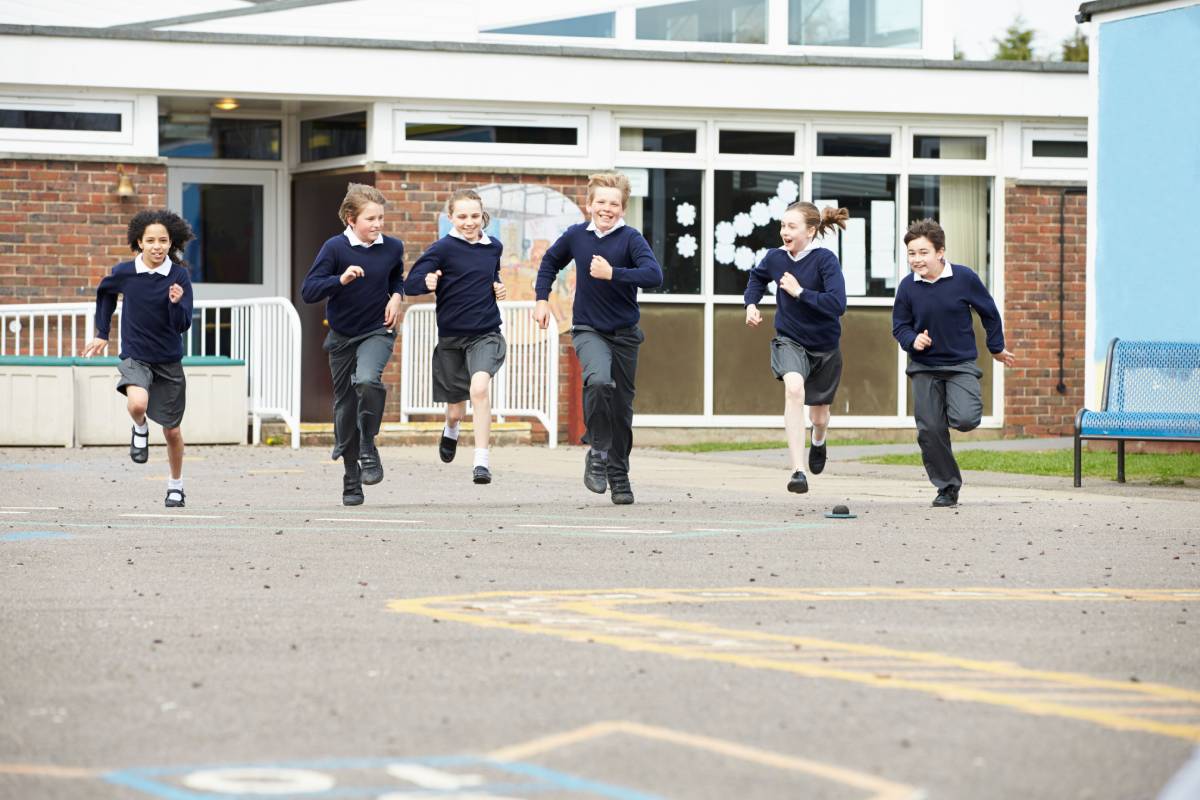September is the time of year when many schools welcome new teachers and support staff to their settings. Getting your induction process right is critical in ensuring new staff feel valued and confident.
We all know that first impressions count. In many ways, induction is about making a positive impact and setting up new staff to succeed.
The difficulty is that there is often far too much time spent on delivering information compared to building relationships and making people feel part of a team.
Think about who is responsible for induction at your school. One person having ownership can make a big difference in how well it is carried out.












